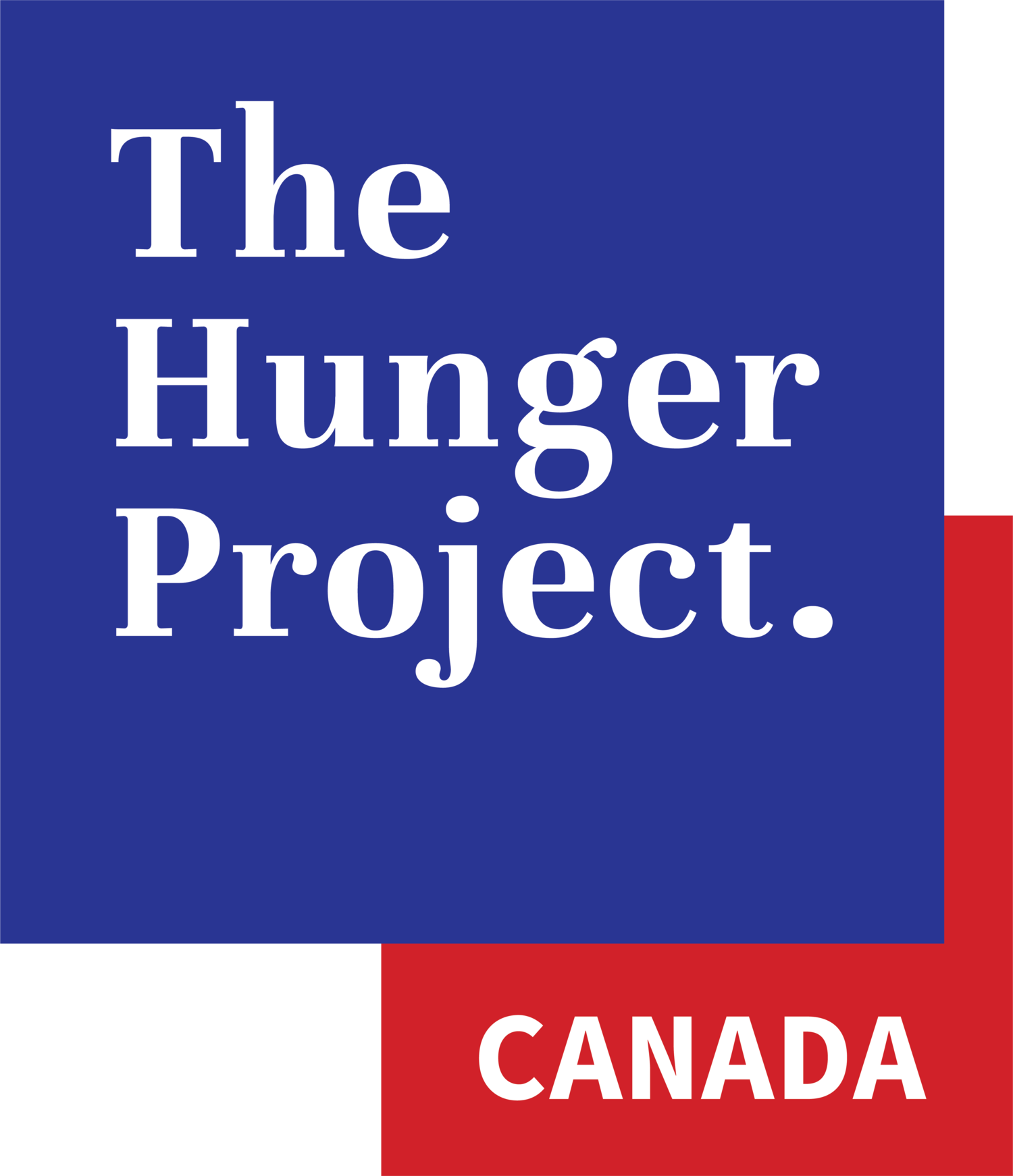The United Nations International Day of Education
Today, January 24, is the United Nations International Day of Education.
Celebrating education is particularly important because 2023 is the midpoint since the adoption of the 2030 Agenda for people, planet and prosperity. The 2030 Agenda is centered on the 17 Sustainable Development Goals, including SDG #4: Quality Education, which The Hunger Project Canada and our global partners are working to achieve.
Education offers children a ladder out of poverty and a path to a promising future. About 244 million children and adolescents around the world are out of school; 617 million children and adolescents cannot read and do basic math; less than 40 percent of girls in sub-Saharan Africa complete lower secondary school and some four million children and youth refugees are out of school. Their right to education is being violated and it is unacceptable.
The United Nations International Day of Education celebrates the role of education in development and demonstrates the world’s political will toward providing quality education for all and achieving sustainable development by 2030. Hunger Project programs throughout Africa, South Asia and Latin America are based on a holistic approach that empowers women and men living in rural villages to become agents of their own development and make sustainable progress in overcoming hunger and poverty.
Central to this approach is harnessing the power of education. UNESCO research has shown the dramatic impact that secondary education for all adults could have on global poverty rates. The Sustainable Development Goal 4 on quality education is at the heart of the 2030 Agenda and is essential for the effort to end hunger and promote self-reliance. The goal seeks to ensure inclusive and equitable education and promote lifelong learning opportunities for all.
We have the primary responsibility to ensure the achievement of SDG 4. Quality education includes the promotion of smart, innovative measures to reach younger students. It also includes relevant education and training that can help address common social, environmental and economic challenges across the world.
Especially important is the need to ensure that girls and women have equal access to educational opportunities as boys and men. When a girl has the opportunity to be educated and healthy, she thrives and whole societies benefit. Educated girls marry later, have healthier children and take an active role in their communities to ensure the rights of other women are upheld. Yet, girls who are not in school in early life rarely enter education when compared to their out-of-school male peers. This fact is particularly important because primary education prevents the majority of maternal deaths.
Education is fundamental to achieving our vision of a world where every woman, man and child leads a healthy and fulfilling life of self-reliance and dignity, which is why it is at the heart of all our work. It takes a truly holistic approach to end hunger and poverty. When this includes access to education, everyone thrives.


